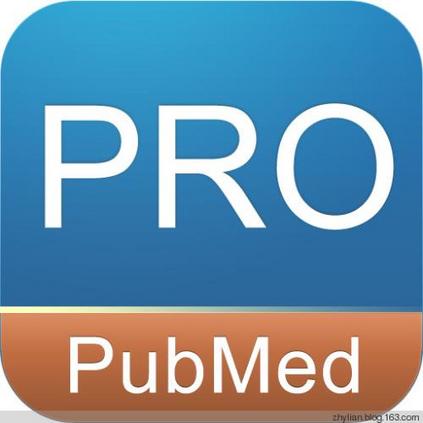Obesity is known to lower the quality of life substantially. It is often associated with increased chances of non-communicable diseases such as diabetes, cardiovascular problems, different types of cancers, etc. Evidence suggests that diet-related mobile applications play a vital role in assisting an individual in making healthier choices and keeping track of food intake. However, due to an abundance of similar applications, it becomes pertinent to evaluate each of them in terms of functionality, usability, and possible design issues to truly determine state-of-the-art solutions for the future. Since these applications involve implementing multiple user requirements and recommendations from different dietitians, the evaluation becomes quite complex. Therefore, this study aims to review existing dietary applications at length to highlight key features and problems that enhance or undermine an application's usability. For this purpose, we have examined the published literature from various scientific databases of the CINAHL, Science Direct, and PUBMED. Out of our findings, fifty-six primary studies met our inclusion criteria after filtering out titles, abstracts, and full text. A total of 35 apps are analyzed from the selected studies. Our detailed analysis concluded the comprehensiveness of freely available mHealth applications from users and dietitians' frames of reference. Furthermore, we have also specified potential future challenges and stated recommendations to help develop clinically accurate diet-related applications.
翻译:众所周知,肥胖会大大降低生活质量,这往往与糖尿病、心血管问题、不同类型癌症等非传染性疾病的机会增加有关。 有证据表明,与饮食有关的移动应用在帮助个人做出更健康的选择和跟踪食物摄入量方面发挥着关键作用。然而,由于有大量类似的应用,因此有必要从功能性、可用性和可能的设计问题等方面对每一种应用进行评估,以真正确定未来的最新解决方案。由于这些应用涉及执行多种用户要求和不同饮食学家的建议,因此评估变得相当复杂。因此,本研究旨在详细审查现有的饮食应用,以突出提高或削弱应用可用性的关键特征和问题。为此,我们研究了来自CINAHL、科学指导、PUBMED等科学数据库的出版文献。在我们的调查结果中,在过滤了标题、摘要和全文之后,56项主要研究达到了我们的包容性标准。从选定的研究中共分析了35项应用软件。我们的详细分析结论是,从可自由获取的临床饮食应用到未来应用中与我们所陈述的与健康相关的潜在挑战。


